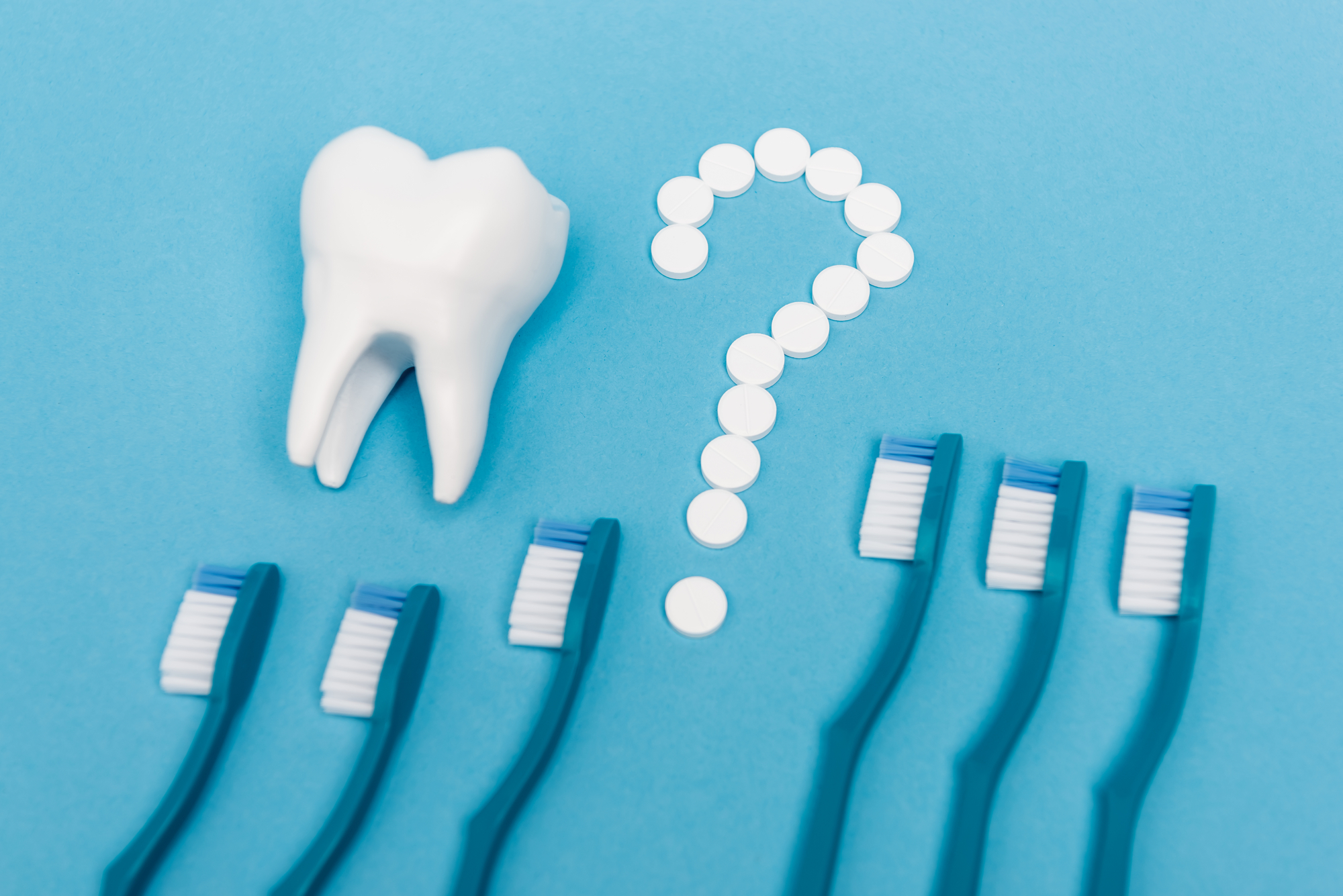Is it Safe to Keep Your Wisdom Teeth?
When we talk about wisdom teeth, sometimes the first thought is extraction. And, while the fact is that removal of wisdom teeth is common, it isn’t necessarily inevitable. Let’s talk...

We often think oral hygiene is the only thing that matters when it comes to preventing gum disease and cavities. And while good tooth brushing and flossing habits are key for optimal oral health, there are other health conditions that can contribute to tooth decay.
If you are affected by one of these issues, it is important to manage your condition and pay extra attention to caring for your teeth as well as getting in order to minimize the impact on your oral health.
Diabetes is a condition that affects the body’s ability to produce or use insulin, resulting in high blood sugar levels. High blood sugar can weaken the immune system and make it more difficult for the body to fight off infections, including those in the mouth. People with diabetes are at a higher risk of developing gum disease, which can lead to tooth decay if left untreated.
If you have diabetes, it’s crucial to maintain good oral hygiene. This includes regular brushing, flossing, and dental check-ups. Additionally, managing your blood sugar levels can help prevent dental problems associated with diabetes.
Dry mouth occurs when salivary glands do not produce sufficient amounts of saliva to keep the mouth moist. Saliva plays a crucial role in washing away food particles and neutralizing acids in the mouth. Without it, there’s a higher risk of tooth decay and gum disease.
To manage dry mouth, try sipping water throughout the day, chewing sugar-free gum to stimulate saliva production, and using over-the-counter saliva substitutes. If you have trouble managing dry mouth, talk to your dentist, they may be able to help alleviate your symptoms.
Gastroesophageal reflux disease results from stomach acid flowing back into the esophagus. This causes irritation and damage to the lining. This acid can also reach the mouth and erode tooth enamel, leading to tooth decay.
To manage GERD, try eating smaller meals, avoiding foods that trigger symptoms, and elevating the head of your bed. Your doctor may also recommend medications to help control acid production. Additionally, practicing good oral hygiene and regular dental check-ups can help prevent tooth decay.
Eating disorders, such as anorexia nervosa and bulimia nervosa, can significantly impact oral health. Malnutrition from anorexia can weaken teeth and bones, while frequent vomiting from bulimia exposes teeth to stomach acid, causing erosion and decay.
Seeking professional help for an eating disorder is crucial for overall health and well-being. In the meantime, practicing good oral hygiene can help minimize damage to teeth.
Sjögren’s Syndrome is an autoimmune disorder that affects the salivary and tear glands, causing dry mouth and dry eyes, among other things. As mentioned earlier, dry mouth can lead to tooth decay and gum disease.
There is no cure for Sjögren’s Syndrome, but treatment focuses on managing symptoms and maintaining oral health. Artificial tears and saliva substitutes can help alleviate dryness, while anti-inflammatory medications may be prescribed to reduce inflammation and pain. It’s essential to practice good oral hygiene, stay well-hydrated, and visit your dentist regularly to prevent tooth decay.
Hormonal changes during pregnancy can increase your risk of developing gum disease, which can contribute to tooth decay. Pregnancy can also increase the likelihood of bleeding from the gums while brushing and flossing. Additionally, pregnant women may experience morning sickness, which exposes teeth to stomach acid and increases the risk of enamel erosion.
Maintaining good oral hygiene, eating a balanced diet, and visiting your dentist for regular check-ups can help manage oral health issues during pregnancy. Be gentle while brushing and flossing, and use a soft-bristled brush. If morning sickness is severe, rinsing the mouth with water or a fluoride mouthwash can help protect teeth from acid exposure.
Certain medications can cause side effects that impact oral health, such as dry mouth, gum inflammation, or altered taste sensations. These medications can include antihistamines, decongestants, antidepressants, and blood pressure medications, among others.
If you believe your medication is causing oral health issues, consult your doctor about possible alternatives or adjustments to your dosage. In the meantime, maintaining good oral hygiene, using saliva substitutes, and staying well-hydrated can help minimize the impact on your teeth and gums.
Your overall health can significantly impact your oral health, and your oral health can impact your overall health. By recognizing and managing health conditions that contribute to tooth decay, you can take steps to protect your teeth and gums, ensuring a healthy and beautiful smile.
If you suspect any of these conditions might be affecting your oral health, contact our office for guidance and treatment options.